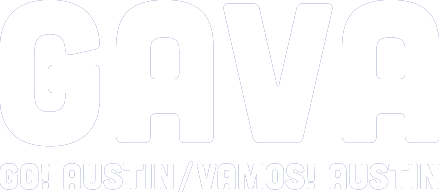our Beginnings
In 2012, Dr. Aliya Hussaini, a resident physician at People's Community Clinic saw many patients and families struggling with obesity and obesity-related health issues. What she also saw was that most of her patients had no way to take her advice around creating healthier diets and opportunities for increased exercise. They didn’t have access to healthy foods, and too often, a lack of community safety was a barrier to increased physical activity.
Dr. Hussaini was inspired to move upstream to improve access to healthy options and build support and demand for safe play spaces. As Portfolio Director, Health at the Michael & Susan Dell Foundation, she found a way forward to drive funding upstream and facilitate community-led health interventions to address the systemic health inequities faced by families living on lower incomes.
To really make an impact on something as complex and multi-faceted as obesity, Dr. Hussaini worked to bring all the available evidence-based approaches to one geography in Austin, Texas. As part of that shift in funding, she piloted a five-year project to address childhood obesity and diabetes by taking a wide-angle, preventative approach. After evaluating nutrition and activity assets other co-located efforts and funding, community leadership and cohesion, and resident health data in several communities in the region, the Dell Foundation decided to fund this pilot program in its own backyard.
Community leaders from Dove Springs (Southeast Austin zip code 78744) were already active in their community, working to improve overall quality of life. Community surveys among the general population showed that residents recognized barriers to leading healthier lifestyles and were ready to assume leadership in creating change. In addition, there were several existing organizations with close ties to the community that provided relevant resources and strengths. The coalition and evaluation officially launched in 2012 to support the community in efforts to increase access to healthy food and physical activity assets to eventually decrease rates of childhood obesity and diabetes in the area.
GAVA began to work in Austin because it brought together three important components for success:
The model uses the evidence on what works in community intervention to avoid focusing time, effort, and financial resources on strategies that aren’t likely to be effective
GAVA is led by community residents. Their work is based in their knowledge and experience of what was likely to work (and not work) in their own communities. Resident leaders are also better able to prioritize efforts and hold all engaged stakeholders and partners accountable.
The work is informed by data that the community defined as immediately useful to implementation.
Within a year, GAVA expanded to include the neighboring 78745 zip code to test the project’s replicability in neighborhoods with different characteristics. The coalition expanded to include more organizational partners, each housing a piece of the broad-spectrum work depending on their organizational scope and expertise. The partners were all funded separately by the Foundation until 2015, when the Dell Foundation encouraged a community-led, joint application under one fiscal house at Marathon Kids, Inc.The continuing energy, impact, and agenda of the coalition resulted in GAVA forming its own 501(c)(3) after the 5-year Dell Foundation investment, and GAVA continues to expand its work under this banner.


